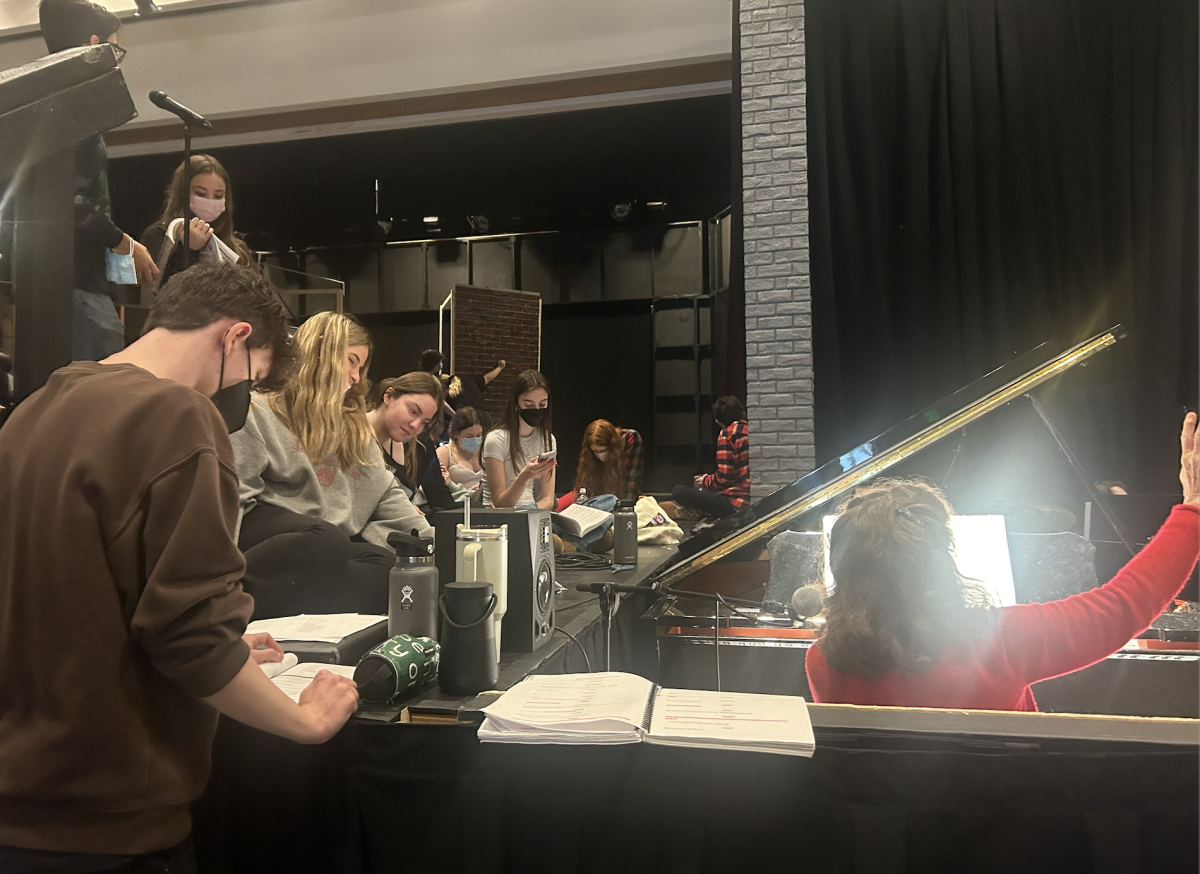Students Weigh in on the Bathroom Policy: Let Our People Go
November 29, 2016
In the book of Exodus, Moses returns from exile and his simple yet peaceful life in Midian to free his Jewish brethren from the mighty pharaoh, because God had told him to do so through the famous burning bush.
When confronting pharaoh, Moses bellowed one of the most famous lines in Jewish history: “Let my people go!” Whether he said this because he wanted pharaoh to free the Jews or give them bathroom privileges is completely up to interpretation.
Now, on to the present-day. Over the summer, the de Toledo faculty decided on some new classroom policies. One of these policies, implemented by many teachers in the Math and Hebrew departments, is that a student can only have three “hall passes” per semester. This means you can only go to the bathroom three times per semester before participation points start to get taken off.
This policy is controversial, and there has been an ongoing discussion among students about whether they like it. After asking students about their opinions on this issue, I got several interesting responses.
Junior Molly Levitt explained why she does not approve of this new policy: “I don’t like the bathroom rules because I feel that we are in high school and if we wanted to be treated as our age group then we should be able to go to the bathroom and be able to monitor ourselves.”
When asked about whether these bathroom policies affect her ability to learn and function in the classroom, she said, “I get super restless and I want to be able to leave the class just to get water without using a pass, so I spend all of class thinking about how I’m going to save it up.”
Sophomore Emily Holden said, “I understand some people just don’t want to be in class so they just say they are going to the bathroom. But also at certain points, what if you actually have to go and you’re limited to three [hall passses]?”
As sophomore Wyatt concisely put it, “sometimes you just have to go, and you shouldn’t be penalized for it.”
At the same time, we all know that there are students who go out in the middle of class and never come back. This image of students abandoning class reflects badly on everyone else and likely helped inspire the new policy.
Hebrew teacher Adina Cohen noted that, “in my experience, kids are going out of class so often and they miss a lot of important things during the class. Because of those things I thought this [policy] would be a good way for them to go out less.”
Adina explained that “after three times I’ll start deducting participation because if they aren’t in class they can’t participate.”
Dean of Students Mr. Shpall fully supported giving teachers the right to make their own bathroom policies: “I like the concept of giving teachers autonomy to make those decisions. I’m generally not a fan of blanket rules because everyone runs their classrooms differently. Every teacher has a different style and approach.” He then connected the policy to our school’s values: “And I think that’s the beauty of the school, we treat students one mind at a time, every classroom and every teacher…as well.”
With power comes responsibility. Sadly, some students have not behaved responsibly. So now, even though the new policy is, arguably, neither desirable nor fair, everyone else may just have to deal with it.
Hopefully, we as a student body can show that we are more mature than this and do not deserve to be restricted or controlled on trivial activities such as going to the restroom. Just like our ancestors in Egypt, the students of de Toledo will have to show that teachers can “let our people go.”














































